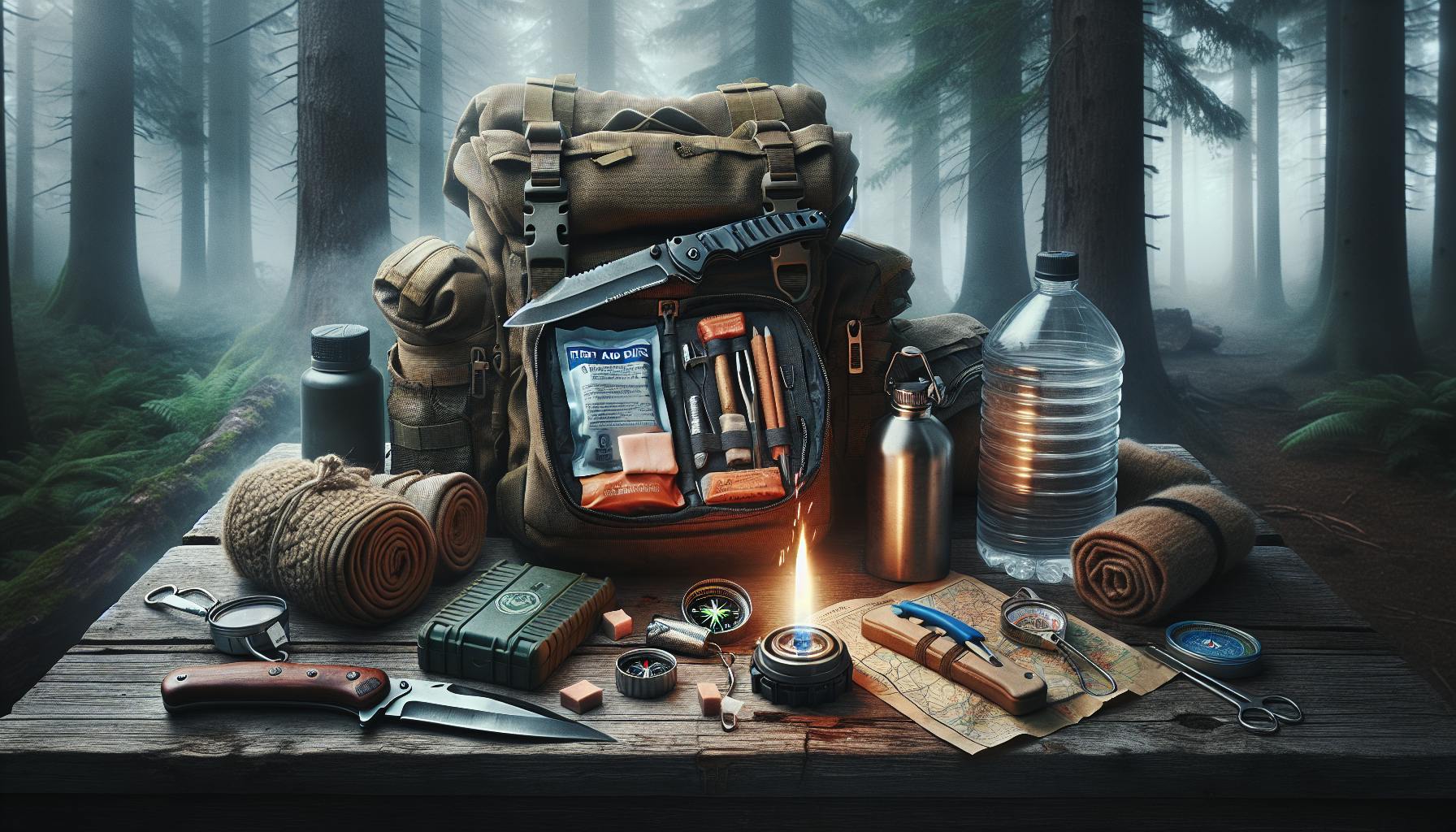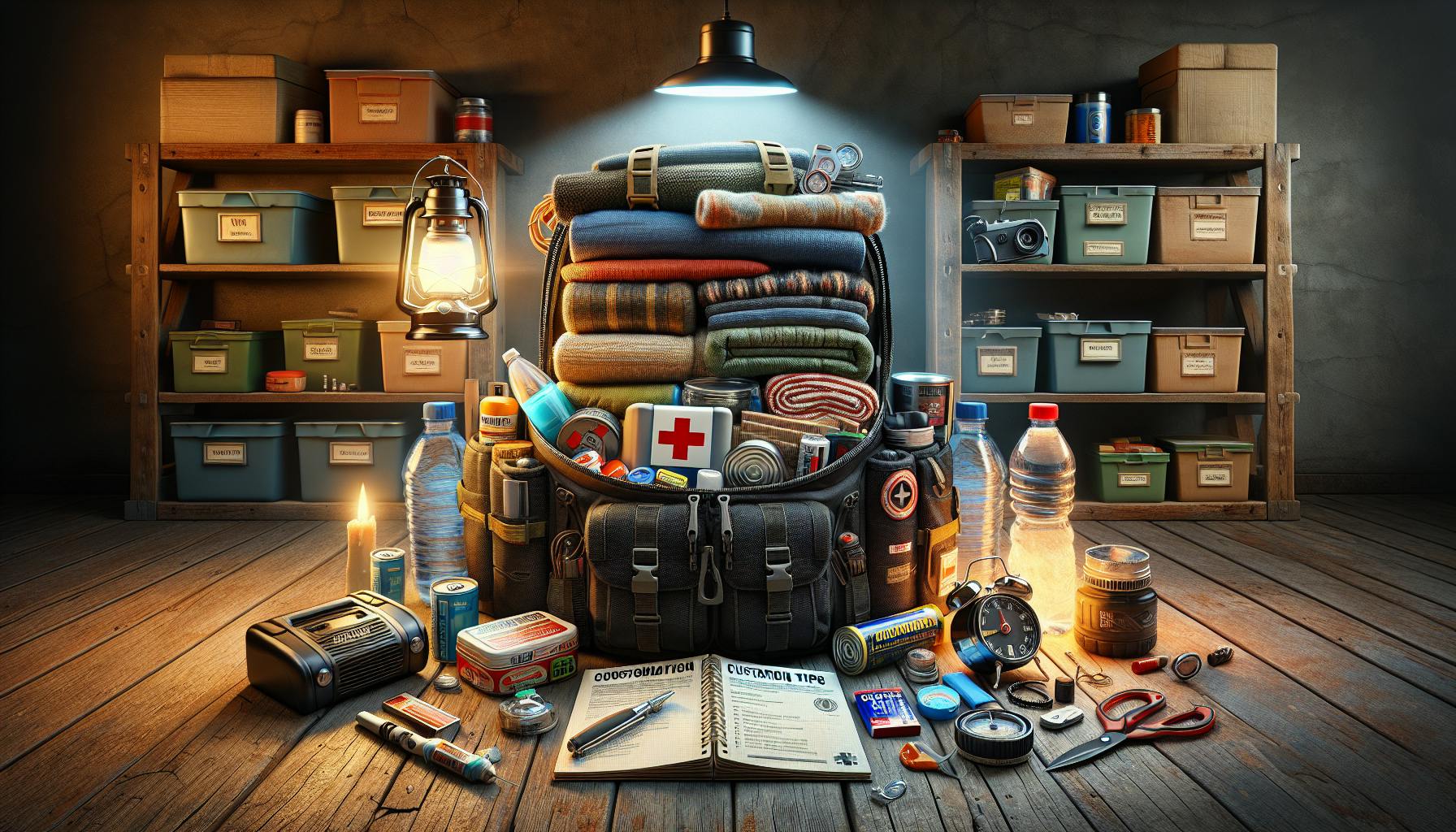An Introduction to Dumpster Diving
Dumpster diving involves searching through trash containers or dumpsters to find usable items that have been discarded. Some people dumpster dive out of necessity due to poverty or homelessness, while others do it to live more sustainably and reduce waste. You can find a surprising variety of items by dumpster diving, including food, furniture, clothes, electronics, and more. Dumpster diving requires patience and persistence - you may need to search through a lot of trash before finding something good. Always be respectful, safe and clean when dumpster diving - it's important to follow certain etiquette rules.
Is Dumpster Diving Legal?
The legality of dumpster diving varies widely by location. Some cities have laws prohibiting removing items from private dumpsters or trespassing near them. Many local ordinances also forbid rummaging through residential recycling bins. However, dumpsters on public property are often fair game. Food found dumpster diving can't be served commercially or resold without a permit due to health codes. It's wise to research your specific county and city statutes before attempting to go dumpster diving. For example, New York City prohibits removing materials from dumpsters per administrative code 16-120.
Where to Go Dumpster Diving
Grocery stores like Trader Joe's and Whole Foods frequently throw out still-edible food due to expiration dates or small imperfections. College campuses at move-out times in May and December are prime spots to find discarded furnishings and electronics. Check construction dumpsters for usable materials leftover from projects. Retail locations such as Target, Michaels and Best Buy may discard lightly damaged goods or returned items they can't resell. Apartment complexes often have dumpsters where residents dispose of unwanted belongings when moving.
Safety Tips for Dumpster Diving
Watch out for broken glass, sharp objects, or anything that could cause cuts or injury. Wear protective gloves and clothes you don't mind getting dirty. Bring a flashlight if diving at night, and go with a buddy for safety. Avoid dumpsters with biohazard symbols, as they may contain medical or chemical waste. Never climb or enter a dumpster - retrieve items safely from the exterior using a grabber tool if needed. Keep hand sanitizer and first aid supplies on hand in case of cuts.
What to Look for When Dumpster Diving
Packaged, non-perishable foods like granola bars or crackers are often still good past the expiration date. Furniture like tables, chairs, or cabinets may just need minor repairs. Electronics may work with simple replacement parts like batteries or cables. Unopened personal care items and cosmetics are usually still effective. Some retailers discard brand new items with minor damage to packaging, like dented cereal boxes.
Dumpster Diving Etiquette
Leave the area cleaner than you found it by picking up any trash. Reclose dumpster lids and gates when done to keep pests out. Dumpster diving is often illegal, so keep a low profile and go at night if needed. Never make a mess by pulling items out of the dumpster onto the ground. Be quick during your search, don't leave items outside of the dumpster. Avoid noisy rummaging late at night that disturbs residents or businesses. Respect signs prohibiting trespassing near dumpsters.
The Benefits and Drawbacks of Dumpster Diving
Dumpster diving can help you save money by getting free household items and food. It reduces waste by finding uses for discarded goods. You can find rare vintage items not available in stores. However, dumpster diving takes time and effort without a guarantee of finding something useful. It also carries potential health and legal risks.
Financial Benefits
Obtain food, furniture, clothing and more for free. Find expensive items like laptops or golf clubs to use or resell. Reduce your waste footprint and need to buy new products. Save money on gifts and home goods by repurposing dumpster finds. Supplement your income by selling quality dumpster items on Craigslist or eBay.
Sustainability Perks
Prevent usable goods from ending up in landfills. Reduce demand for new products and packaging materials. Lessen food waste by taking discarded edibles. Promote reuse by finding new homes for discarded items. Demonstrate an eco-friendly, anti-consumerist lifestyle. Lower your environmental impact.
Thrill of the Hunt
Dumpster diving can be an exciting treasure hunt. You never know what surprising items you might uncover. Finding valuable, useful items feels extremely rewarding. It can become a fun hobby and addictive thrill. The unpredictability makes every dive unique and interesting. There's a rush from finding hidden gems.
Health and Safety Concerns
Dumpster contents may be contaminated with germs, chemicals or substances. Broken glass, sharp metal and other hazards can cause injury. Eating discarded food carries risk of foodborne illness. Heavy, awkward items may lead to muscle strains or back injury. Dumpster diving alone at night raises personal safety issues. You may be confronted by security or police.
Time and Effort
Finding good items may require many hours of searching. Cleaning, repairing and preparing finds takes considerable work. Must go frequently, as competition for good finds is fierce. Transporting large, heavy items from a dumpster can be challenging. Cleaning up after dives takes time - you'll get dirty. Most dives result in no worthwhile discoveries.
Tips for Finding Great Stuff by Dumpster Diving
Look in dumpsters outside nice homes to find higher quality discards. Check all bags, boxes and obscure containers - valuables hide. Be thorough - unlocked dumpsters may have treasures buried at the bottom under trash. Go frequently to beat other divers to newly discarded jackpots. Team up with a dive partner to access dumpsters out of reach.
Ideal Locations
Electronics retailers like Best Buy for lightly damaged gadgets and devices. Bookstores such as Barnes & Noble and libraries for abundant paperback reads. Bakeries and donut shops for baked goods nearing expiration. Apartment complexes during end of lease turnover times in summer. College campuses when students move out at the end of semesters in May and December.
When to Go
Evenings when stores close and empty unsold perishables into dumpsters. Early morning before trucks pick up and compress dumpster contents. Sunday nights when households purge clutter and clean after weekend gatherings. Peak moving times like end of month when renters come and go. Holidays like Christmas and Hanukkah when households replace old items with new gifts.
Diving Strategies
Bring a grabber tool to safely retrieve items from a distance. Wear headlamp to thoroughly search at night. Bring storage bins to organize, carry and contain your dumpster finds. Keep hand sanitizer and work gloves in your diving kit for safety and cleanliness. Stack up pallets or crates to stand on and reach deeper into dumpsters. Have an exit plan if confronted by security guards or police.
What to Look For
Unexpired foods in unopened packages, like granola bars. Quality wood furniture in need of light repairs. Brand name apparel with minimal wear and staining. Small electronics like calculators just needing batteries. Unused personal products and cosmetics still in packaging.
Avoiding Trouble
Don't trespass - only dive at businesses where permitted. Avoid dumpsters with biohazard symbols. Never take food containers that are open or appear rotten. Inspect furniture for bedbugs and pests before taking. Use a grabber tool instead of climbing into dumpsters. Grab and go to avoid confrontation. Don't make a mess leaving items strewn about.


